This is the homily I preached for our bilingual Mass including the Procession with the Blessed Sacrament. I fear my Spanish was lacking, but I did the best I could…
Quizás el aspecto más distintivo de nuestra devoción católica es nuestra celebración de la Eucaristía. Afirmamos firmemente que no es solo un símbolo. Es el verdadero Cuerpo y Sangre de nuestro Señor. Sabemos que estamos espiritualmente ante la presencia de nuestro Señor cada vez que recibimos la Comunión o ante la Adoración al Santísimo. Aún más, creemos que, en la Eucaristía, nos convertimos en lo que recibimos: nos convertimos en parte del Cuerpo Místico de Cristo, y en ese Cuerpo todos nos convertimos en uno. Nosotros los católicos creemos que la Eucaristía nos hace uno, y por eso es bueno que todos nos unamos para celebrar esta fiesta del Santísimo Cuerpo y la Sangre de Cristo.
Perhaps the most distinctive aspect of Catholic worship is our celebration of the Eucharist. We state very strongly that it’s not just a symbol. It is the actual Body and Blood of our Lord. We know that we are spiritually in the presence of our Lord whenever we receive Communion or adore the Blessed Sacrament. But even more, we believe that, in the Eucharist, we become what we receive: we become part of the Mystical Body of Christ, and in that Body we all become one. We Catholics believe that the Eucharist makes us one, and because of that, it is good for all of us to come together as oneto celebrate this feast of the Most Holy Body and Blood of Christ.
I remember when I travelled to Mexico when I was in seminary to learn Spanish. I have forgotten, unfortunately, a lot of what I learned, but I’ll never forget the first day. The first day was a Sunday, and we flew into Mexico City, got picked up by the school, and then we were introduced to the families we would be living with. The people I was going to live with assumed correctly that I wouldn’t have been to Mass yet, so on the way home we went to Mass at the cathedral in Cuernavaca. So I’m attending Mass with only my high school Spanish, and the little bit of liturgical Spanish I picked up from when we used Spanish in Mass at seminary. A lot of what I heard, I didn’t understand, but there was one thing I couldn’t miss, and that was the Eucharist.
We may express our unity in many ways in the Mass. We all sing the same songs. We all stand or sit together. We might all join hands at the Lord’s Prayer. And those are all okay things, but they are not what unites us. They put us on a somewhat equal footing, but that can happen in all kinds of gatherings. The one thing that unites us at this gathering, the experience we have here that we don’t have in any other situation, is the Eucharist. The Eucharist unites us in the Most Holy Body and Blood of Christ, where all division must necessarily cease. The Eucharist is the definitive celebration of our unity.
On this feast of the Body and Blood of Christ, we are called to take comfort in the many ways God feeds us. We know that when we pray “give us this day our daily bread,” we will receive all that we need and more, because our God loves us and cares for us. But to really trust in God’s care can sometimes be a bit of a scary moment.
It was certainly scary for the disciples, who asked Jesus to “dismiss the crowds” so that they could go into the surrounding cities and get something to eat. They were afraid for the crowds because they had come to the desert, where there was nothing to eat or drink. They were afraid for the crowds because it would soon be dark and then it would be dangerous to travel into the surrounding cities to find refuge and sustenance. And, if they were to really admit it, they were afraid of the crowds, because all they had to offer them were five loaves of bread and two fish – hardly a meal for Jesus and the Twelve, let alone five thousand.
But Jesus isn’t having any of that. Fear is no match for God’s mercy and care and providence, so instead of dismissing the crowds, he tells the disciples to gather the people in groups of about fifty. Then he takes the disciples’ meager offering, with every intent of supplying whatever it lacked. He blesses their offerings, transforming them from an impoverished snack to a rich, nourishing meal. He breaks the bread, enabling all those present to partake of it, and finally he gives that meal to the crowd, filling their hungering bodies and souls with all that they need and then some. Caught in a deserted place with darkness encroaching and practically nothing to offer in the way of food, Jesus overcomes every obstacle and feeds the crowd with abundance. It’s no wonder they followed him to this out of the way place.
The disciples had to be amazed at this turn of events, and perhaps it was an occasion for them of coming to know Jesus and his ministry in a deeper way. They were fed not just physically by this meal, but they were fed in faith as well. In this miraculous meal, they came to know that their Jesus could be depended on to keep them from danger and to transform the bleakest of moments into the most joyous of all festivals. But even as their faith moved to a deeper level, the challenge of that faith was cranked up a notch as well. “Give them some food yourselves,” Jesus said to them. Having been fed physically and spiritually by their Master, they were now charged with feeding others in the very same way.
Christ has come to supply every need. In Jesus, nothing is lacking and no one suffers want. All the Lord asks of the five thousand is what he also asks of us each Sunday: to gather as a sacred assembly, to unite in offering worship with Jesus who is our High Priest, to receive Holy Communion, and to go forth to share the remaining abundance of our feast with others who have yet to be fed. After the crowd had eaten the meal, that was the time for them to go out into the surrounding villages and farms – not to find something to eat, but to share with everyone they met the abundance that they had been given. So it is for us. After we are fed in the Eucharist, we must then necessarily go forth in peace, glorifying the Lord by sharing our own abundance with every person we meet. We too must hear and answer those very challenging words of Jesus: “Give them some food yourselves.”
What we celebrate today is that our God is dependable and that we can rely on him for our needs. Just as he was dependable to feed the vast crowd in that out-of-the-way place, so he too can reach out to us, no matter where we are on the journey, and feed us beyond our wildest imaginings. The challenge to give others something to eat need not be frightening because we know that the source of the food is not our own limited offerings, but the great abundance of God himself. We need not fear any kind of hunger – our own or that of others – because it’s ultimately not about us or what we can offer, but what God can do in and through us.
In our Eucharist today, the quiet time after Communion is our time to gather up the wicker baskets of our abundance, to reflect on what God has given us and done for us and done with us. We who receive the great meal of his own Body and Blood must be resolved to give from those wicker baskets in our day-to-day life, feeding all those people God has given us in our lives. We do all this, gathered as one in the Eucharist, in remembrance of Christ, proclaiming the death of the Lord until he comes again.
Que el Cuerpo y la Sangre de Cristo nos mantengan seguros para la vida eterna. May the Body and Blood of Christ keep us all safe for eternal life.
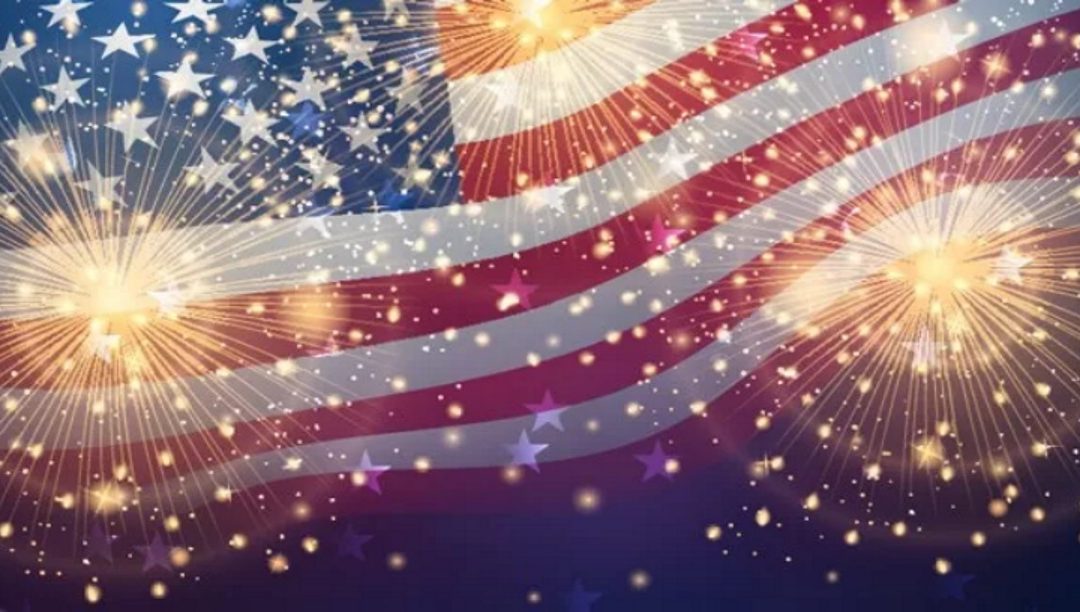
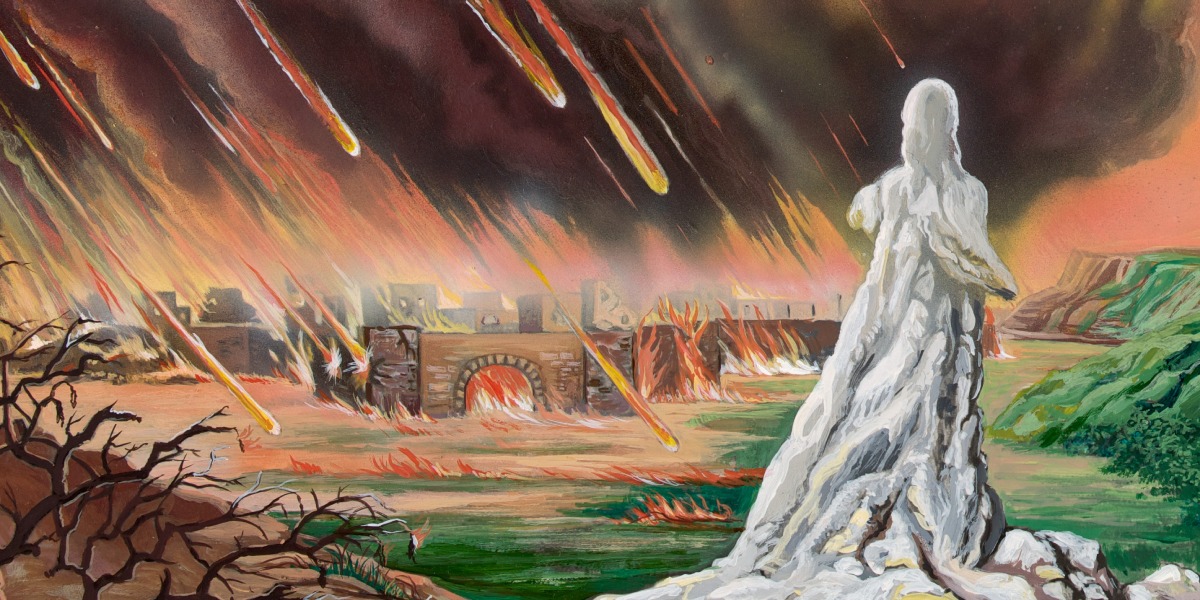
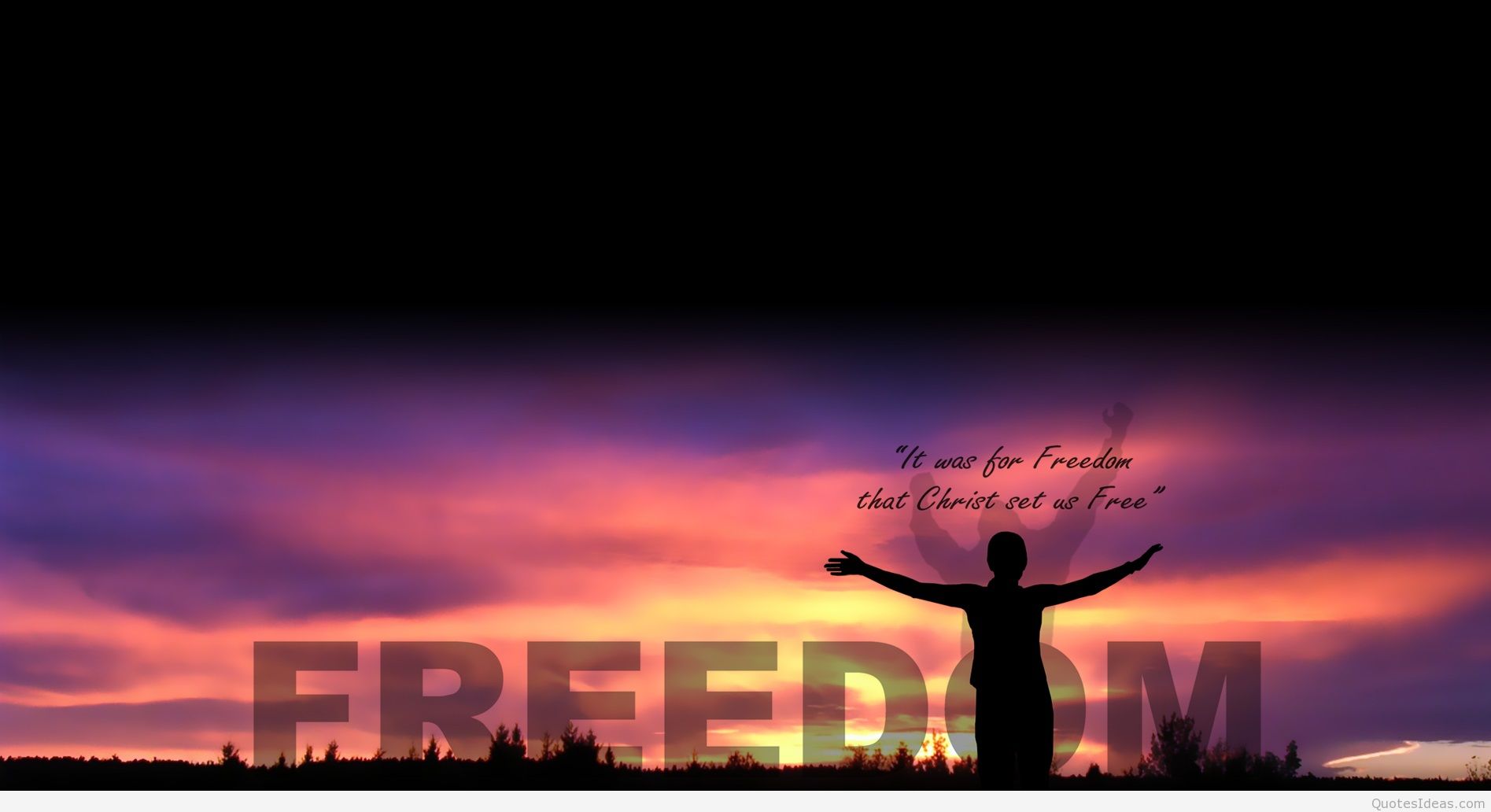
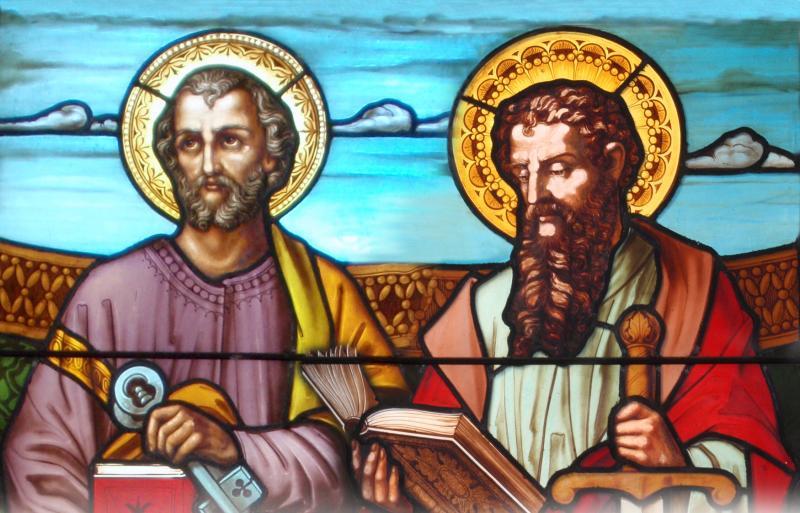


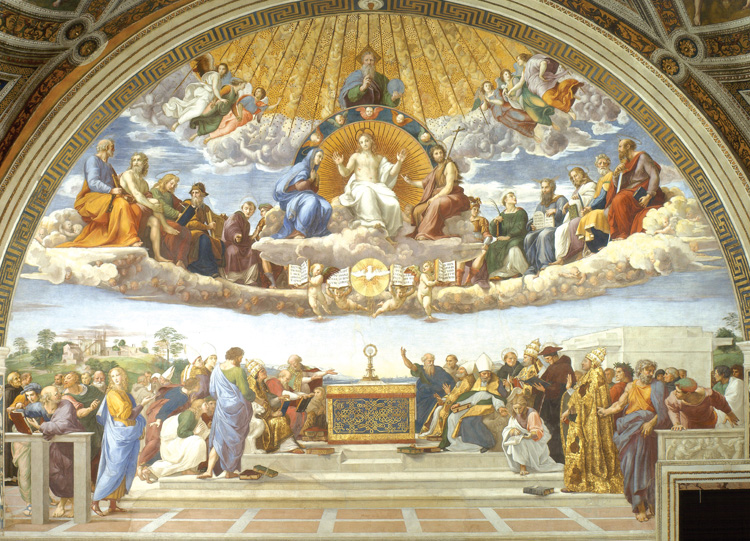


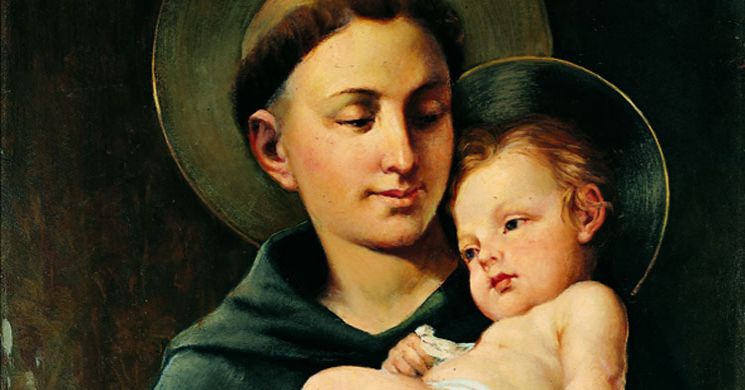
You must be logged in to post a comment.